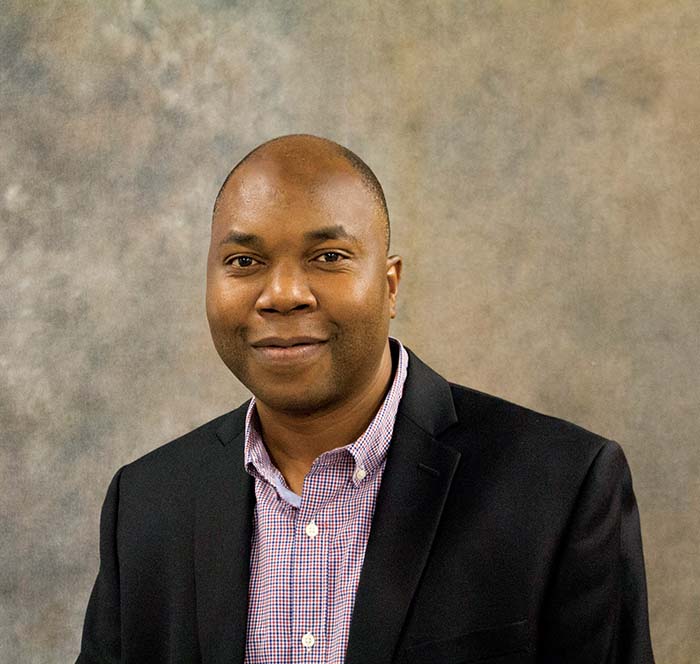Thinking about Sound Theology

Africa Regional Director Filimao “Fili” Chambo (FC) shares insights on pastors and the need for ongoing theological training and knowledge.
Holiness Today: How important is it for pastors to have sound theological training?
FC: I think that it’s critical for pastors to have good theological training but it goes beyond that. They need to have a good foundation of biblical literacy—a strong foundation in personal discipleship and in understanding the Bible. Sound theological training allows pastors to be better equipped to study and interpret the context of the Word. Then, they’re better equipped to share a life-changing message. If we don’t have that foundation, we’re lost in understanding the basics of the Bible and Christianity.
HT: Where do personal discipleship efforts and theological training meet?
FC: The personal foundation is very important, and is part of theological training. The personal discipleship training sets the rest of the theological training—and helps pastors to help people go deeper in their understanding of the Word and knowledge of God. Sound, life changing concepts are rooted in our faith, our study of growing deeper in that faith. This comes from a balance of discipleship and theological training.
HT: When you encounter popular theology that isn’t Wesleyan or even based on sound theological thought, what’s your reaction?
FC: The problem is that we consume everything we see on TV or other resources out there. People pick up on concepts and even preach them. Pop theology sells. They don’t realize that it’s not a sound theology. Unfortunately, it affects those in the congregation and forms the faith of the listener. People in our churches trust the woman or man of God to convey biblical truths. But often, people get excited over the trite clichés and less-than-sound teachings and may even sound better to an untrained person. Here’s an example from Africa, not specific to Nazarenes: We see many people who sell “holy” water or oil with the promise that this will protect against evil spirits in the office or wherever. Yes, the Bible says to call the elders and anoint when someone is sick. But in Africa where people come from backgrounds in which belief in evil spirits and witchcraft are taught, the church seeks to bring them out of that and tell them about faith in God.
However, these products are attractive to people because they think purchasing water or oil will bring healing and protection. It’s a theology that has no biblical base, but is something that sells, and is attractive to the immediate needs of the people. Why seek the way of God if a bottle of water or vial of oil can change your life?
HT: How can we help people grasp the importance of sound theology?
FC: The starting point is that for us a denomination, we have a new appreciation for where we focus our identity and message. Teaching tools such as Nazarene Essentials, useful in local churches, even those in remote areas, can help connect people to our beliefs. Thoughtful theological study invites people to go deeper to understand our beliefs, and grow in their faith as they read more and study more. We should all place an emphasis on exegeting the Word rather than believing any and everything that’s out there. As leaders do this, it’s helpful. Speaking for Africa, a large percentage of our membership is new to the Church of the Nazarene, and new to Christianity. They don’t know the differences of sound or unsound theology. If we as leaders don’t do a good job of understanding and teaching it well, we’ll end up with a generic Nazarene church, a church just in name, but one that fails to be the church.
HT: These concepts take time and effort, which is a challenge.
FC: As leaders, we can get taken with the nonessential things that consume our time. If we’re not mindful, we can get to a place where we stop learning ourselves and stop engaging in thoughtful conversations. We can’t simply delegate this to higher education or professors. This is important. We want to model lifelong learning. If we model it as leaders, others will follow this and will seek to excel. It’s about balancing all of life’s demands as we strive to always be in a learning mode.
Filimao Chambo is the African Regional Director and was recently elected as the 42nd General Superintendent for the Church of the Nazarene.
Holiness Today, March/April 2017
Please note: This article was originally published in 2017. All facts, figures, and titles were accurate to the best of our knowledge at that time but may have since changed.




